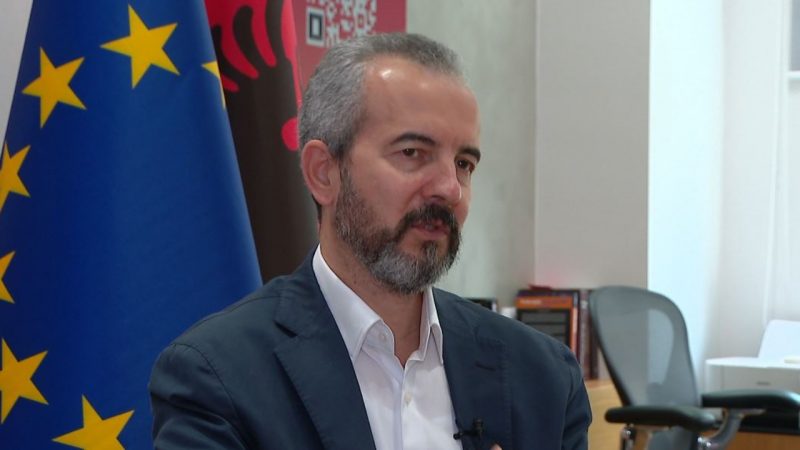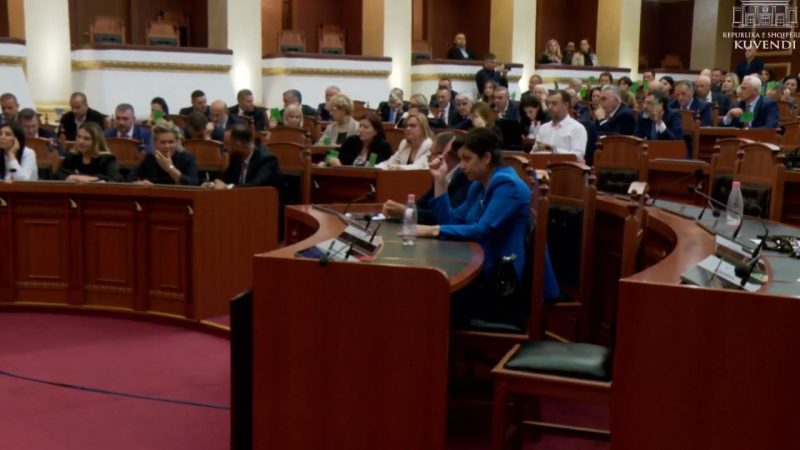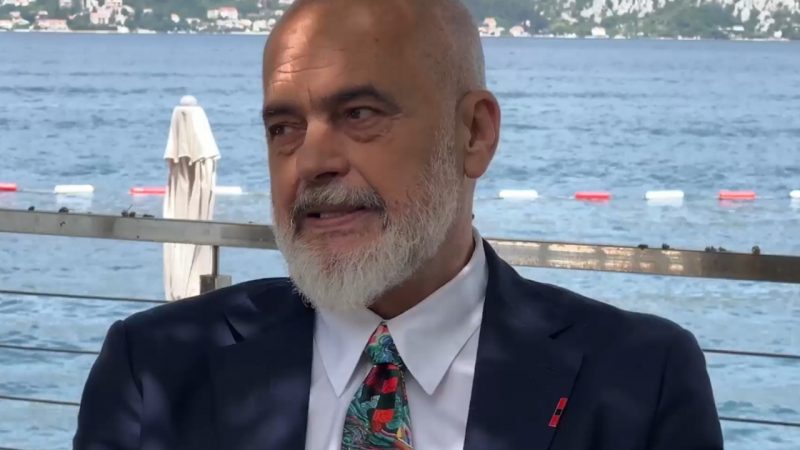 CEC gives the vote formula for expats: Online registration even for those without a residence permit
CEC gives the vote formula for expats: Online registration even for those without a residence permit
26/08/2013 00:00
Bank of Albania has warned for the first time that the Albanian economy crisis will last for several years, dimming hopes for a quick rebound.
In the latest monetary policy report, the Bank said that Albania faces a slow economic growth.
According to the Bank, this is because the economy will continue to suffer from weak demand in the years to come. But what will be the effects of this long crisis? Bank experts warn that the slow economic growth initially threatens the stability of the country’s finances, shrinking the budget revenues.
According to them, government must be careful with planning the budget, in order to keep state finances under control. But not only government finances are threatened by the crisis. According to the Bank, businesses are already vulnerable, as well as financial market agents.
“The slow growth of economic activity will require constant care of business and financial agents,” the report warns.
Since 2009, consequences of the crisis on the economy have been deepened. Initially, economic growth halved from 6 to 3 percent, while last year it fell to 1.6 percent. But beyond the strong slowdown, specialized institutions have recently raised concerns that the crisis has affected the sources of economic growth.
After IMF and World Bank later, the Bank of Albania recently has corrected estimates for potential growth of the economy by 6 to 3 percent. This means that even after the crisis has passed, the economic development of the country will be much slower than before.
Top Channel
 CEC gives the vote formula for expats: Online registration even for those without a residence permit
CEC gives the vote formula for expats: Online registration even for those without a residence permit 18/05 21:14







